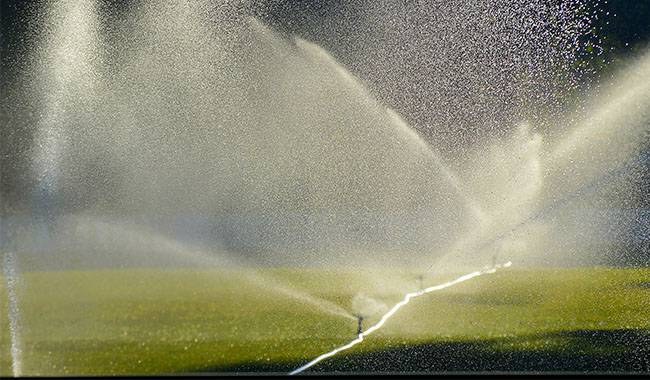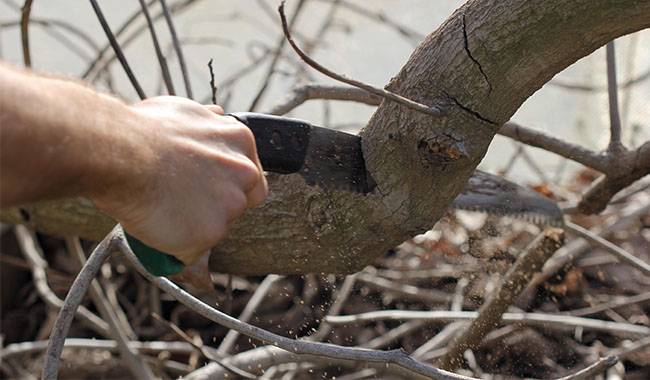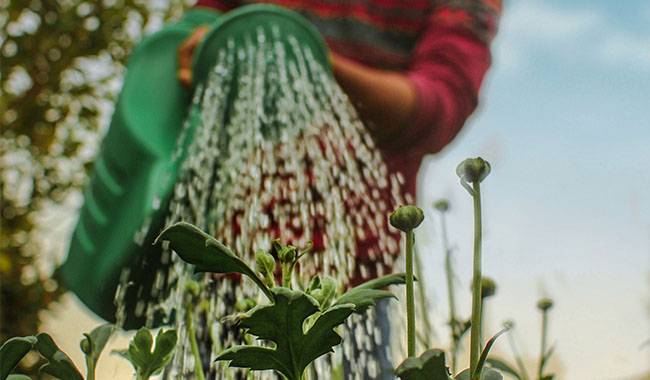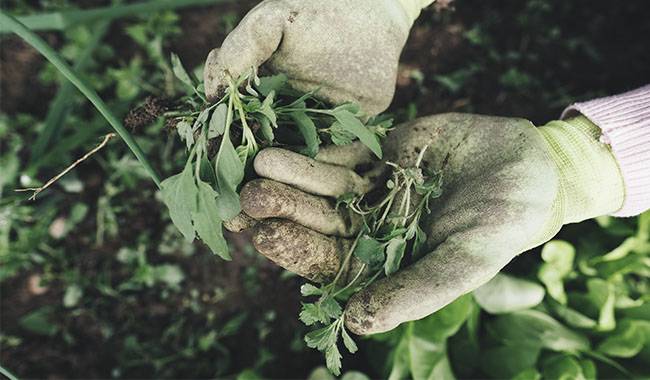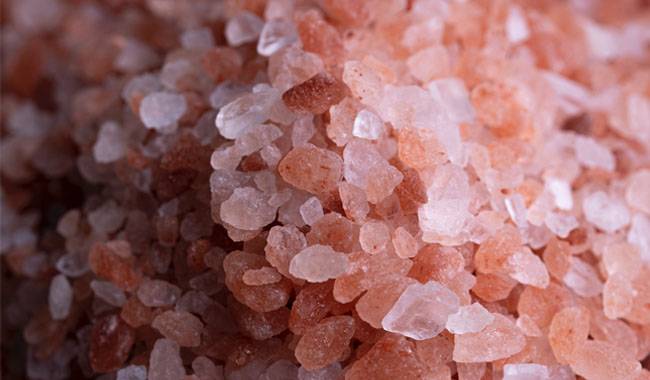
The debate about whether to use mineral fertilizers on plots of land or to grow everything “ecologically” has not subsided and probably never will. But sometimes it gives the impression that supporters of “environmentalism” have neither their own gardens nor personal vegetable gardens, but only criticize the “terrible behavior” of gardeners who use fertilizers.
But is “chemistry” so harmful and mineral fertilizers so dangerous? Let’s find out what it’s all about.
WHERE DOES THE FEAR OF CHEMICALS COME FROM?
It comes from gardeners and vegetable growers who do not know enough about agricultural chemistry, neither about fertilizer doses and methods, but who read books and articles about organic farming translated into English from various languages of the world, mainly to profit from the sale of books, rather than to teach people how to get a truly environmentally friendly product.
As someone who has worked in the scientific field for 15 years, I would like to talk about my own impressions of growing fruit crops in gardens and orchards in the West.
Folks, we have all the good stuff thanks to middle-class gardeners and big farmers saving on fertilizers and pesticides: only 6-8 (at most) treatments in a season, whereas in the West – no less than 20!”. And most interestingly – in the Western countries life expectancy is particularly long.
As for mineral fertilizers, then the rumors about their harmfulness and toxicity, so to speak, are greatly exaggerated.
WHY DO WE NEED FERTILIZERS?
All living organisms or plants are no exception, they all need water, heat, sunlight, and nutrients. Plants obtain energy through photosynthesis thanks to sunlight and nutrients dissolved in water, which they absorb from the soil, sometimes in considerable quantities, especially in high-yield years.
Growing plants in the same place for a long time (the same trees, shrubs – this is not a vegetable, there is also a crop rotation, but not once a year, but once in decades) without mineral fertilizers, we will only get the strongest soil depletion, which will be difficult (if possible) to compensate in a natural way. Without mineral fertilizers and organic additives, plants simply cannot grow and develop.
Thus, on soils without mineral fertilizers, we can still get fruits and berries (for example, thanks only to organic matter), but they are likely to lack those or other elements that are necessary and important for our bodies.
What if we count on these elements and eat fruits and berries, but they are not there? It turns out that products are grown in a clean environment, but in poor soil, may be less useful than those grown in soil that observes all the technical elements, despite the use of chemical fertilizers.
ARE MINERAL FERTILIZERS SAFE?
In the hands of those who can afford it, yes. First of all, fertilizers are not available on our market, and therefore not on our sites, without certification by the relevant authorities. All standard fertilizers sold in our country must be tested for environmental cleanliness and safety, including for the environment in general, and for animals, humans, birds, and insects in particular. It is important to know that if the fertilizer is on the shelves of a garden store, it means that it is certified and that if used at the right time and in the optimal dosage, it will be no more harmful than wood ash or dolomite powder.
The idea of organic farming, which at its inception was positioned as a call for the correct and moderate use of chemicals, has for some reason been so badly distorted in the present that it has been positioned as a complete ban on the use of almost any chemical in gardens and orchards, which actually sounds absurd.
Complete biological and organic farming was possible from the 15th to the 18th century, when virgin land was exploited and no one thought about soil depletion. Now, all these norms and rules of biological and organic farming simply do not work.
SO WHAT IF YOU FERTILIZE WITH MANURE?
When it comes to mineral fertilizers, many people are nodding their heads in the direction of organic fertilizers – they say that there are the same manures and similar fertilizers, and by doing only those, you will be happy in the form of high yields. The truth is that the same manure has advantages and disadvantages. First, as you know, manure is material that has already been processed, and it certainly lacks something.
By eating plants, animals have already consumed most of the material necessary for their growth and development, as well as for the normal survival and development of plants, and as a waste (with manure) goes the material that is unnecessary for them (a lot), and maybe a small part of the necessary material, but the animal’s body does not have enough time to digest it. Therefore, manure is good, but I can not say ideal, fertilizer, which can completely replace mineral fertilizers.
But that’s not all, if you apply manure, can you be sure that these animals were also raised according to all the rules of ecology? Aren’t they being injected with antibiotics and growth stimulants? There are a plethora of different, again, chemicals used in animal husbandry that are needed to maintain proper animal growth to protect them from disease and harmful microorganisms, as well as mediocre veterinary drugs and disinfectants, treated water, and facilities that are designed to be excreted with waste, which is the same as manure.
Of course, many people might reply that they have their own farm animals and don’t feed them anything and therefore get environmentally friendly manure. This is hard to believe because I have had animals myself and now they simply cannot survive without vaccination, but please believe it. But then comes the question of the availability of the compounds contained in the manure to the plants.
As all of you probably know, especially those who use mineral fertilizers, vegetable, fruit, and berry crops are important, we can even say critical periods of growth and development when they need some or other available substances dissolved in water for immediate use (for example, in flowering gardens often do foliar feeding urea, whose solution is simply sprayed on the plants, if not, then most of the flowers and buds will (banal to fall off).
Alas, both soils, which do not introduce mineral fertilizers occur strongly depleted, and organic fertilizers, whose substances should only once again become available to plants in a form that does not allow them to absorb immediately, they simply do not. This is the source of those poor quality fruits and vegetables that we mentioned above. We can’t say it’s unhealthy, but it’s not very useful either, is it?
USING MINERAL FERTILIZERS CAN PREVENT SOIL DEPLETION
We would like to make a simple statement that without fertilizers, certainly in combination with organic fertilizers and at the optimal dosage, time, and timing, the soil, albeit slowly, will starve. The soil will eventually be depleted to the maximum extent and it will take decades to return to normal.
It is impossible to obtain high yields of full-grown vegetables and fruits on soils that have not been fertilized with mineral fertilizers, as the name implies. This proven science, agrochemistry, argues that the powerful removal of minerals from the soil in orchards and gardens completely compensates for the fact that introducing only organic and cultivated green crops are simply not possible.
If you have your own personal opinion on this issue, please write its reasoning in the comments, it would be interesting to discuss this topic.




